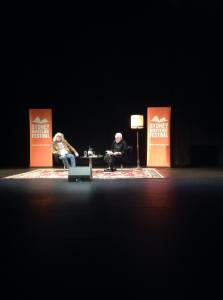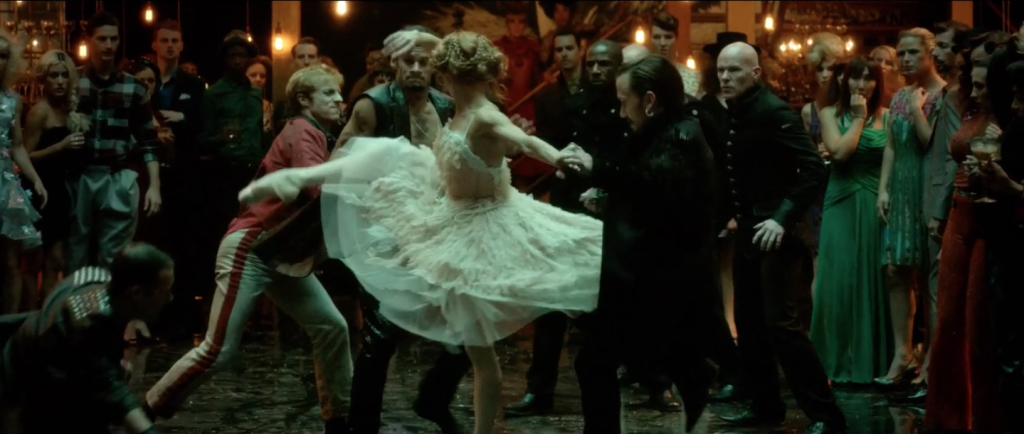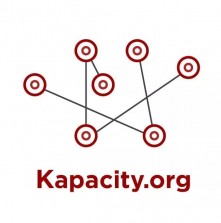Cracking nuts and making lemonade (starring MONA’s David Walsh)
Sitting at the edge of civilisation, Tasmania is a remote island – ‘So exotic!’ exclaim my European friends – that’s still pretty much off the global map.
Even if Chinese President Xi Jinping is coming to visit next week, with a clutch of potential investors … and this weekend a glamour-glob of celebrity food and wine personalities (including Heston Blumenthal, Alice Waters and Maggie Beer, with British writer A. A. Gill thrown in for good measure) are descending on the jurisdiction for a $1.5 million Tourism Australia Restaurant Australia gala event … and despite the delight of Tasmania’s capital city Hobart hosting one of the most vibrant cultural platforms in the Western world, the privately-owned Museum of Old and New Art (MONA).

There’s a lot of truth in that stereotype. Tasmania’s a tough nut for change agents.
Because Kapacity.org advances effective and sustainable change – and I’m back in Tasmania right now, working with some great new clients – currently I’m focused on smarter support for … the nut crackers.
Here’s one point for reflection and action: When life gives you lemons, make lemonade.
More and more I notice that many cut-through change agents have started out being dealt what a gambler might call a fairly bad hand.
Tasmanian-born David Walsh – the founder of the Museum of Old + New Art, who also happens to be a gambler – is one example. You can read David’s new autobiography to find out more about the many lemons in his backstory.
Or listen to him broadcast last night on ABC Radio National – from a sell-out performance with Phillip Adams at Sydney’s Seymour Centre – where David kindly reminded everyone that I once called him a ‘collapsed Catholic’.
I certainly appreciated that generous mention.
But what I liked most was listening to David telling his own tale, recounting the recipe for – and philosophy behind – producing his own, specific, weird and fizzing lemonade.
Through MONA and its various spinoffs, David has now provoked a lot of people to think differently about culture, money and risk. (Especially, I hope, younger Tasmanians.) He also now engages a pretty big, kick-ass and eclectic audience. MONA’s widely credited with pulling Tasmania onto Lonely Planet’s hit list of places worth visiting, and with pumping $100 million plus into Tasmania’s long-sluggish economy.
All this could add up to be the hefty edge of the wedge that really gets Tasmania on the radar, and truly opens its capacity to connect and compete.
But do we all really need to experience some kind of collapse – to be able to squeeze those lemons, and crack those nuts, for all they’re fully worth?

